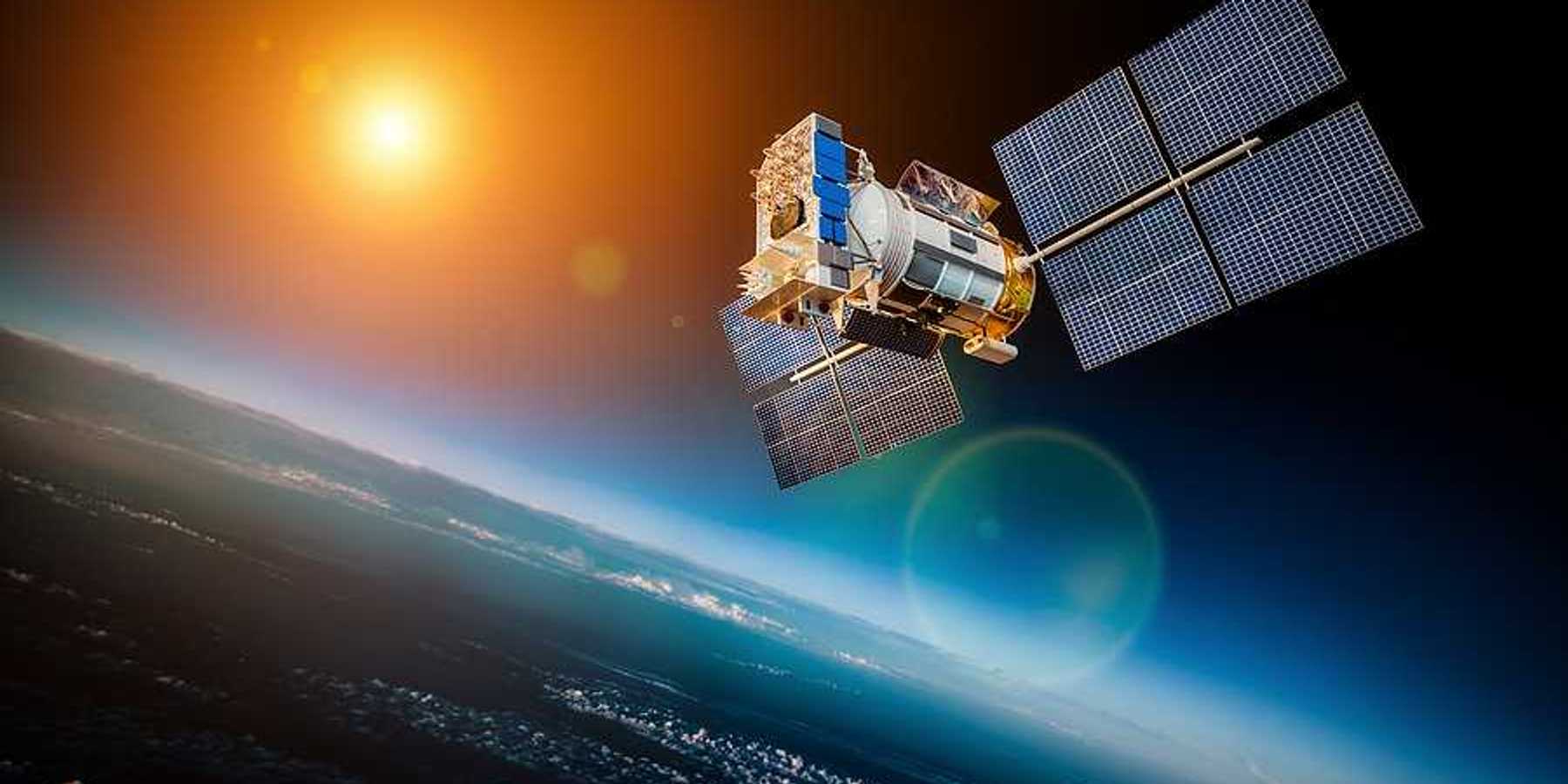columbian.com
Little White Salmon watershed project aims to prepare area for effects of climate change
The Little White Salmon watershed, resting toward the eastern edge of the Gifford Pinchot National Forest, will likely be among the first areas within the forest to face stressors caused by climate change.
Protecting seabirds will provide broad benefits
Editorial: Addressing climate change will aid wildfire fight
In a state covered with 22 million acres of forests — about half of Washington — wildfires are a fact of life that predate the arrival of humans in the area. But recent years have made clear that conditions have changed and that strong management is necessary.
Editorial: Take high temperatures, climate change seriously
Hot enough for you? That old conversation starter has taken on new meaning in recent years, with high temperatures providing constant reminders of the effects of climate change. So do extreme cold, atmospheric rivers of rain and severe drought.
Climate change a factor in ‘unprecedented’ South Asia floods
Scientists say climate change is a factor behind the erratic and early rains that triggered unprecedented floods in Bangladesh and northeastern India, killing dozens and making lives miserable for millions of others.
Congress must take action on climate change
For too long, naysayers have been allowed to dispute the need for climate action by arguing that the science is unsettled. It is a tactic that has proven devastatingly costly in convincing many to ignore reality.
Elusive Eastern black rail threatened by rising sea levels
The U.S. Fish and Wildlife Service declared the Eastern black rail a threatened species, but stopped short of the stronger protections some environmentalists were seeking for the elusive bird, now imperiled by habitat destruction, sea level rise, and the increasing frequency and intensity of storms with climate change.









